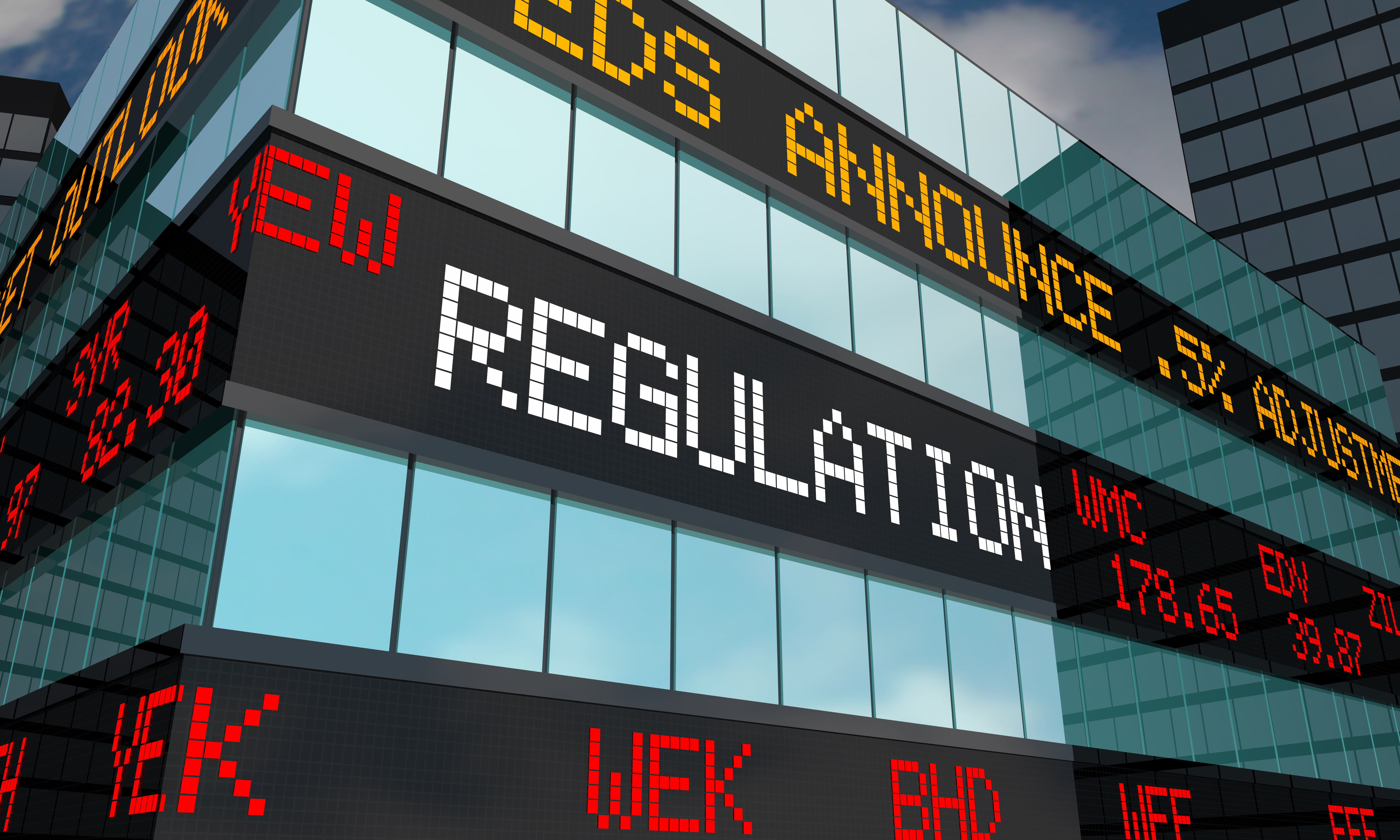SIFMA provided comments to the U.S. Securities and Exchange Commission (SEC) on the proposed amendments to the Exchange Act. The Proposal seeks to amend Regulation ATS and Rule 3b-16 under the Securities Exchange Act of 1934 in a number of ways. Most notably, the Commission is proposing to expand the definition of “exchange” in several significant respects, including to require “communication protocol systems”—a term the Commission does not define—to either register as exchanges or operate as alternative trading systems.
https://twitter.com/SIFMA/status/1516475730187673600
EXCERPT
April 18, 2022
Via E-Mail: rule-comments@sec.gov
Ms. Vanessa Countryman
Secretary
U.S. Securities and Exchange Commission
100 F Street NE
Washington, DC 20549
Re: File No. S7-02-22; Amendments to Exchange Act Rule 3b-16 Regarding the Definition of “Exchange”; Regulation ATS for ATSs That Trade U.S. Government Securities, NMS Stocks, and Other Securities; Regulation SCI for ATSs That Trade U.S. Treasury Securities and Agency Securities
Dear Ms. Countryman:
The Securities Industry and Financial Markets Association (“SIFMA”)1 respectfully submits this letter to the U.S. Securities and Exchange Commission (“Commission” or “SEC”) to comment on the above-referenced proposal (“Proposal”).2 The Proposal seeks to amend Regulation ATS and Rule 3b-16 under the Securities Exchange Act of 1934 (“Exchange Act”) in a number of ways. Most notably, the Commission is proposing to expand the definition of “exchange” in several significant respects, including to require “communication protocol systems”—a term the Commission does not define—to either register as exchanges or operate as alternative trading systems (“ATSs”). In addition, the Proposal would
(i) require ATSs that trade government securities as defined under Section 3(a)(42) of the Exchange Act or repurchase and reverse repurchase agreements on government securities (“Government Securities ATSs”) to comply with Regulation ATS;
(ii) require existing NMS Stock ATSs (as defined in Rule 300(g) of Regulation ATS) to file amendments to their existing disclosures in accordance with a revised Form ATS-N;
(iii) obligate ATSs to file Form ATS and Form ATS-R through the SEC’s EDGAR system; and
(iv) amend the fair access provisions in Rule 301(b)(5) of Regulation ATS (“Fair Access Rule”).
SIFMA supports the SEC’s high-level policy goal of ensuring that rules that govern trading venues keep pace with technological and market developments. To that end, SIFMA has previously supported more narrowly targeted proposed changes to the SEC’s rules regarding venue regulation, such as the Commission’s 2020 Proposal to extend regulatory requirements to Government Securities ATSs. However, SIFMA members have significant concerns with core aspects of the Proposal, in particular the far-reaching implications of the proposed amendments to Rule 3b-16, which go significantly beyond the perceived regulatory gap identified by the SEC and described below. SIFMA therefore believes the SEC should rethink its approach and separate out the proposed amendments to Rule 3b-16, more clearly articulating the rationale for why additional systems should be subject to the SEC’s ATS regulatory program, and issue a concept release regarding potential updates to this definition in keeping with the articulated policy goal.
The Commission’s proposed amendments to Rule 3b-16 (which, unlike many of the proposed amendments to Regulation ATS are being subject to public notice and comment for the first time and without the benefit of a concept release that thoroughly evaluates these ideas) would fundamentally change the definition and interpretation of “exchange” under which market participants have been operating for more than two decades. Notably, the undefined concept of “communication protocol systems” could capture a broad range of activity, beyond that which would typically be considered that of, or that actually functions as, an exchange or market place. There is a significant lack of alignment between the Proposal’s economic analysis, which estimates that there are 22 communication protocol systems in existence today, and the text of the proposed rule itself. As a result, the effect of the proposed changes would extend far beyond the SEC’s stated goal to “extend the benefits of the exchange regulatory framework to investors that use such systems, and reduce regulatory disparities among like markets.”3 Instead, the changes would potentially capture market participants’ internal systems and third-party technology platforms that do not, in substance, perform market place functions and for which














